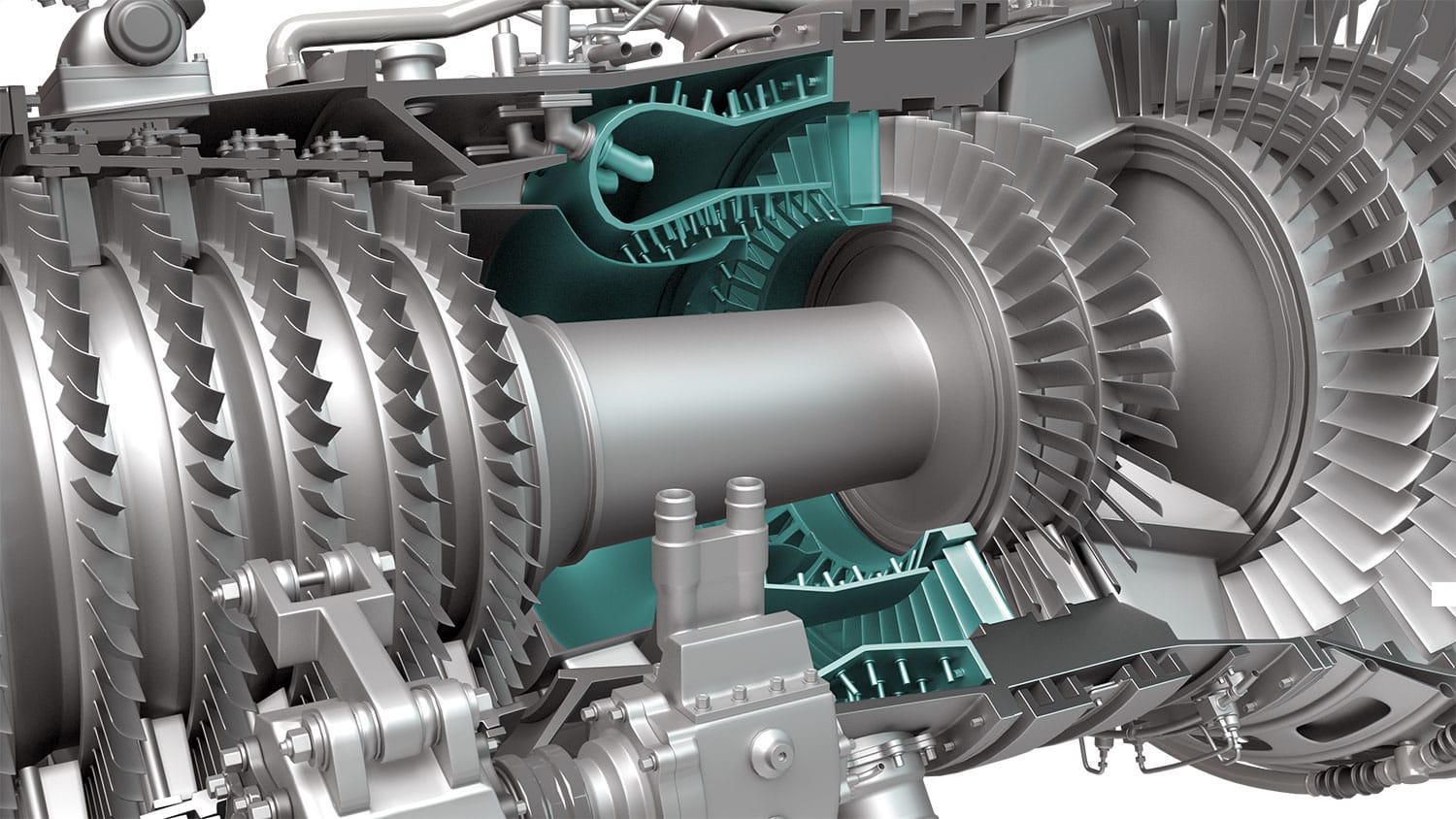
Back in 2021, NASA announced the Hybrid Thermally Efficient Core (HyTEC) project, which, unlike other NASA projects, is meant for the world of aviation to help combat climate change. The project aims to improve aircraft engine combustors to ensure the future of commercial flight is cleaner, more efficient, and sustainable.
Under HyTEC, NASA recently awarded a cost-share contract to Pratt & Whitney with a total value of $13.1 million. The goal of this two-year collaborative effort is to advance new combustor designs for small-core engines. An aircraft engine’s combustor, also known as the combustion chamber, is the place where fuel is added to compressed air and ignited, creating the high-temperature gas that powers the engine.
As a part of this initiative, NASA and Pratt & Whitney will test the performance of these future combustor designs when using sustainable aviation fuels. The HyTEC project will ultimately develop highly efficient jet engines to support the future of sustainable aviation by using less energy, running on renewable fuels instead of fossil fuels, and enabling electrified propulsion for single-aisle commercial aircraft.
“In order to meet the Aviation Climate Action Plan’s carbon emissions goals, future single-aisle aircraft engines will have to be able to burn sustainable aviation fuels,” said Tony Nerone, HyTEC project manager at NASA’s Glenn Research Center in Cleveland. “HyTEC’s role is to develop these small core engine combustors that are more efficient, more durable, and able to use sustainable aviation fuel without compromising the engine performance and while providing significant emissions benefits.”
The United States 2021 Aviation Climate Action Plan predicts the U.S. fleet will grow to use 40% more jet fuel by 2050. While efficiency improvements like small core engines help to reduce the fuel demand, sustainable fuels are critical tools in the industry’s arsenal to reduce net carbon emissions from commercial aircraft. The anticipated increase in renewable fuel use would significantly reduce global aviation emissions and slow climate change caused by aircraft.
“In the next 30 years, the use of sustainable aviation fuel is the low-hanging fruit to make a major improvement in emissions coupled with all the efficiency improvements from the Sustainable Flight National Partnership,” Nerone said. “In fact, sustainable aviation fuel usage is the largest contributor towards the U.S. Climate Action Plan’s 2050 carbon emissions goals.”
NASA, Pratt & Whitney to advance jet engine combustor designs under HyTEC
Source: Tambay News

0 Comments